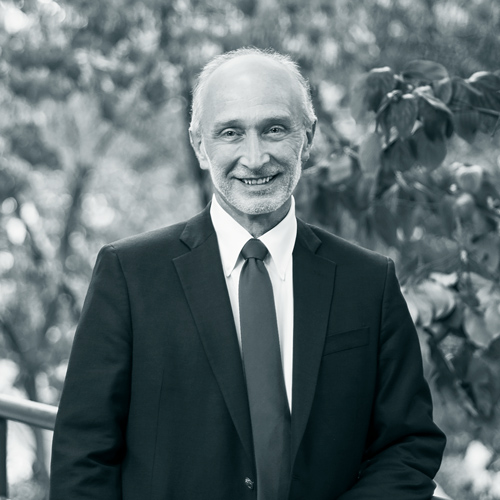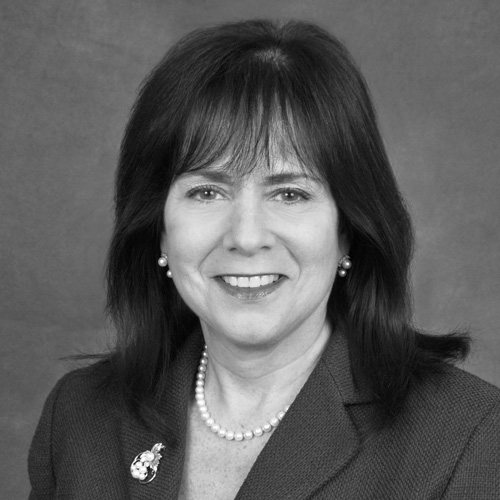Ross Friedberg has straddled the worlds of law and healthcare for almost as long as he can remember. He grew up in New Hampshire in an extended family of scientists, and he won a law competition in high school. Even then, he thought he might one day work somewhere at the intersection of science and law. Today, as general counsel for the medical technology company Doctor on Demand, he does just that.
Doctor On Demand is a video telemedicine company that offers on-demand and scheduled visits with US-licensed healthcare providers via smartphones, tablets, and computers. Telemedicine, many leaders in the field believe, will play an ever increasing role in the future of healthcare. Instead of patients having to travel to see doctors for treatments, doctors will use the Internet to see them.
That poses serious legal questions, which Friedberg is well-positioned to help solve. At Cornell University, he majored in biology and society, which combined hard science with social sciences like ethics, sociology, and philosophy. After graduating, he first worked in biomedical research. “I quickly discovered I did not have the temperament of a research scientist, working in a lab all day,” Friedberg says. “I am very social. I like to talk to people.” He then became a consultant in public health, but that proved unsatisfying as well. “I would write reports that would sit on shelves and not really do anything,” he says. “It occurred to me that I could have a much greater impact on events by entering the legal field.”
He found a program at the University of Connecticut that offered a dual degree in law and public health. He then landed a job at the Washington, DC, office of Epstein Becker Green, one of the largest healthcare law firms in the country. “The timing was fortuitous because that was just as healthcare reform came along,” Friedberg says. “The Affordable Care Act provided interesting work for lawyers.” He gravitated toward the unique legal challenges impacting the emerging digital health industry, specifically telemedicine. “It was new and different, with enormous potential to address much of what is broken in healthcare today,” he says. “Not many lawyers were focusing on the legal challenges in this area. It was virgin territory in a lot of ways, and the companies were exciting, innovative, and wanted to push the envelope. With technology becoming ubiquitous as smartphones penetrated the consumer market, telemedicine could now be made a lot more accessible to people.”
One of those exciting companies was Doctor on Demand, which he joined as general counsel in 2014. “Doctor on Demand is driving developments in healthcare that lie at that interesting intersection of technology, policy, and law,” he says. “We are opening the door to new and more accessible care and delivery models and creating new possibilities and opportunities for connecting doctors and patients, which is very exciting.”
However, he feels the company and the field are still in their early stages. “Patients and physicians are only beginning to learn about and embrace the promise of these technologies,” he says. “There remains a great deal of experimentation over methods for expanding the reach of telemedicine to address the needs of patients with chronic illness, helping patients with limited alternative options for receiving care, and creating opportunities for patients to become more actively engaged in their own health.”
“Doctor on Demand is driving developments in healthcare that lie at that interesting intersection of technology, policy, and law.”
Doctor on Demand has been growing rapidly over the past few years. The company offers competitively priced, virtual medical care and an expanding array of mental health services, which are covered by many of the nation’s largest health plans and employers and are even affordable for those without insurance. For employers and health plans, Doctor on Demand provides cost-effective alternatives to higher-cost emergency room and urgent care visits.
The legal challenges, however, are daunting. “Operating a national telehealth organization is incredibly complicated because states continue to play a large role in regulating healthcare, whereas telehealth by its very nature is borderless,” he says. “The legal environment and healthcare market in California operates very differently than in New York, and this creates complexity.”
Friedberg heads a team that includes two other lawyers and a compliance director. With the new governmental administration, though, it is hard to predict where any aspect of healthcare is headed. “There is a degree of uncertainty in the market,” Friedberg admits. “How will that impact decision making? We do not know yet. But budgets for spending on health remain very constrained, and when you consider the demographics of an aging population and continuing rise in national healthcare spending as a percentage of the economy, the need for a solution such as Doctor on Demand that provides affordable, accessible care you can find anywhere will only become more significant.”
Uncertainty over how healthcare services will be paid for in the future, as a result of changes in federal policy, presents a challenge for Doctor on Demand, as it does for organizations across the industry. How this plays out will have a major impact, Friedberg says. “One way or another, the need for accessible, affordable healthcare is not going away, and I think we fit right where the need is,” he says. “We are seeing a growing acceptance of digital health and telehealth across the country and also changes in law, mainly at the state level, reflecting the growing prevalence of telehealth in delivering care. I believe that, over time, these legal standards will continue to evolve.”
Looking back upon his childhood dreams, Friedberg feels fortunate that he has found himself exactly where he had hoped to land. “It has been a great adventure,” he says. “I believe this job allows me to be at the epicenter of action in this burgeoning field of digital health.”


